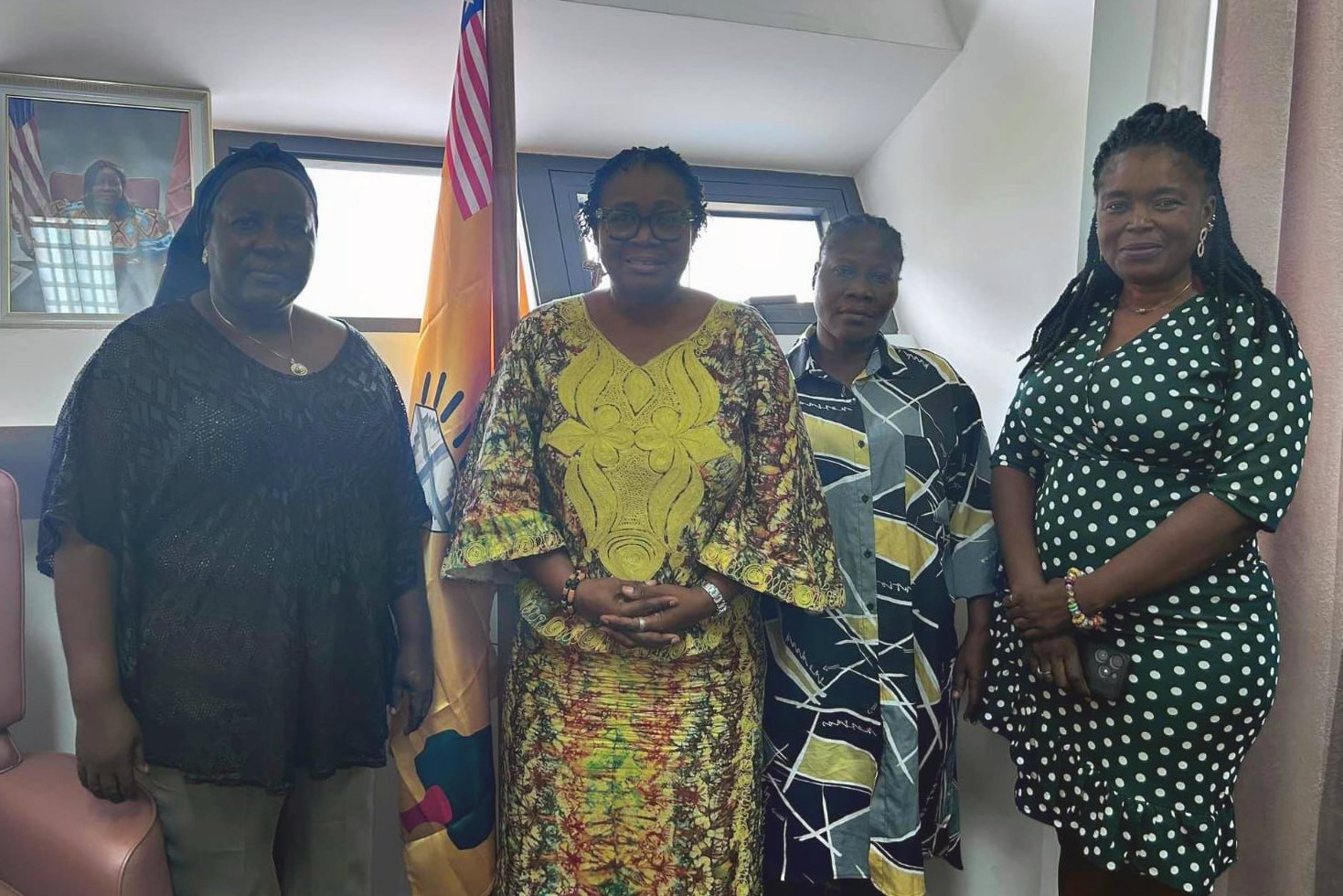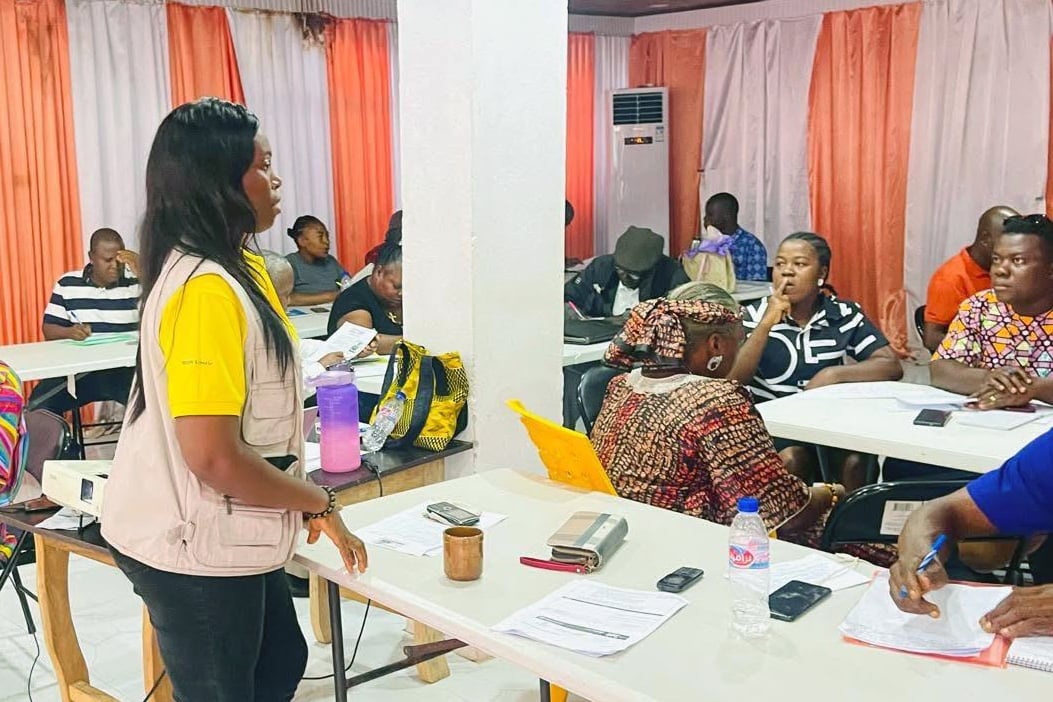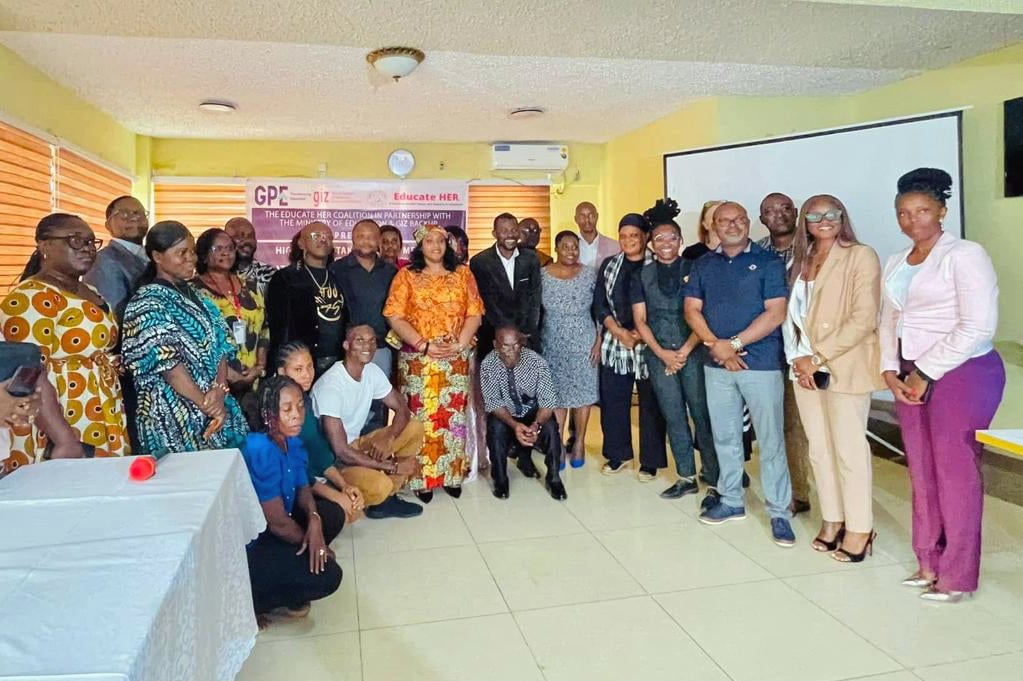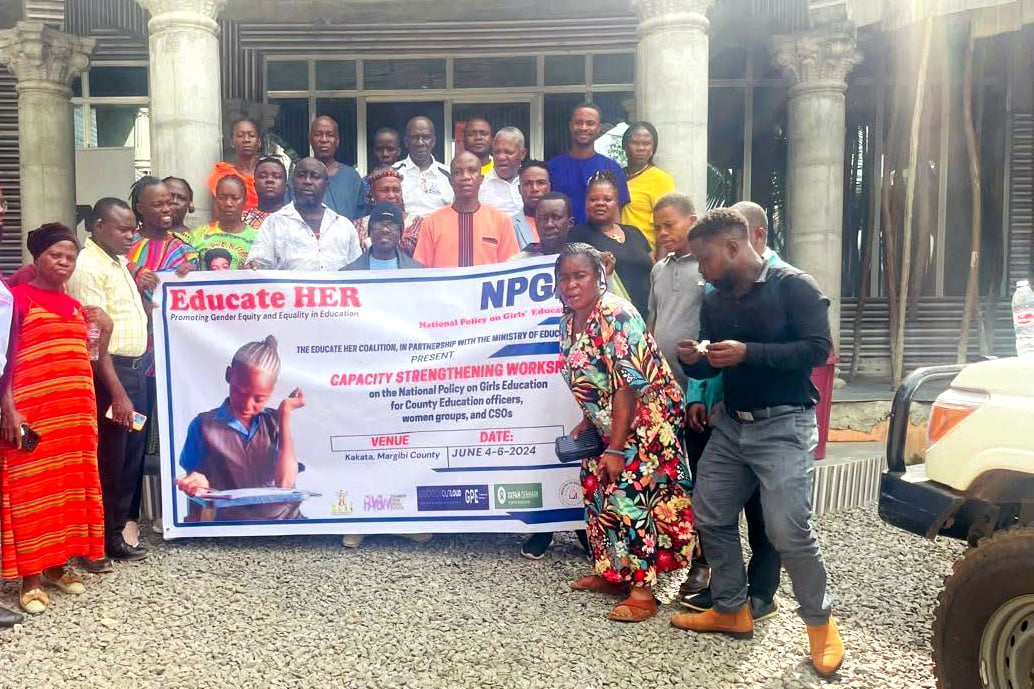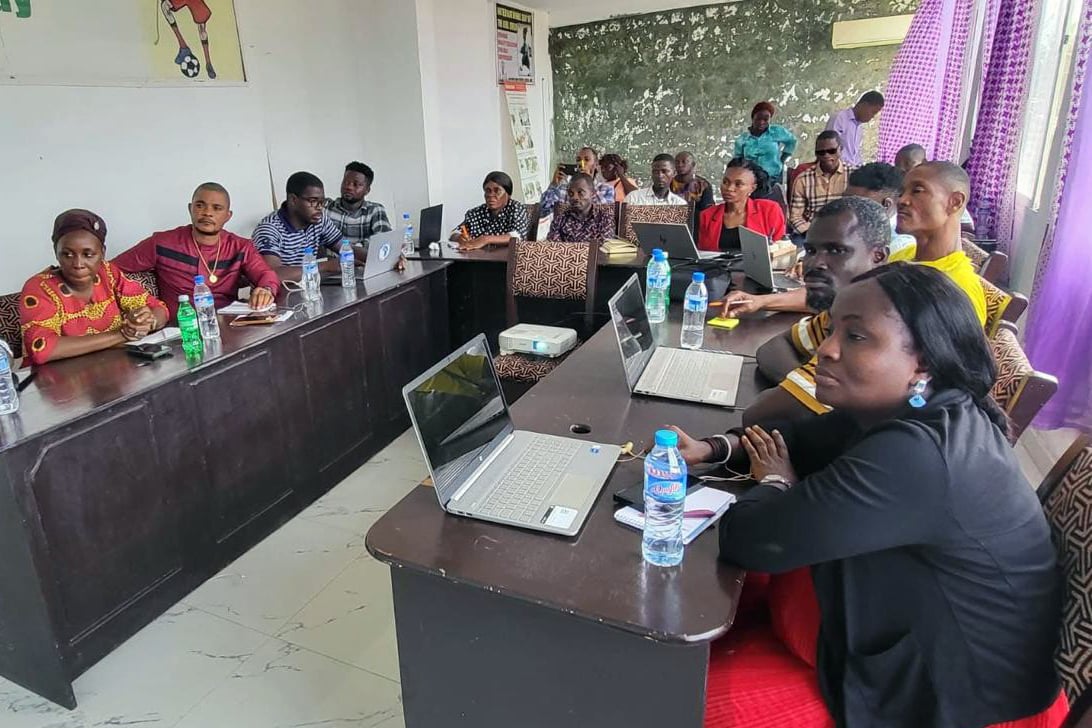
Photo UN
The Educate HER Coalition turns the tide for Liberia’s girls
The Educate HER Coalition is driving a movement to implement Liberia’s long-neglected National Policy on Girls’ Education (NPGE). With a focus on accountability and collaboration, the coalition is making strides toward a more equitable educational landscape for girls across Liberia.
For nearly two decades, Liberia’s National Policy on Girls’ Education (NPGE) lay dormant, with limited progress toward its implementation. But in recent years, a wave of change has begun to sweep across Liberia, thanks to the efforts of the members of the Educate HER Coalition, a movement advocating for gender equality in education, and others.
A Long-Awaited Policy
The NPGE was introduced 18 years ago to address gender disparities in Liberia’s education system. Despite its potential to transform the educational landscape for girls, the policy faced a series of challenges, including insufficient funding, a lack of political will, and poor coordination among key stakeholders.
“As a result, it never became a real, actionable plan for change and its key goals were never fully realized,” says Alfreda Foboi Nmah, executive director for the Educate HER coalition – a coalition of two civil society organisations working in Liberia and supported by Education Out Loud.
Educate HER’s Impact
“The NPGE is an essential instrument that promotes girls’ education. Now, the Educate HER Coalition has redefined its trajectory, driving it forward with fresh energy and purpose,” says Thomas K. Brown, Executive Director of the Disabled Children and Female Empowerment Network, member of the Educate Her Coalition.
The NPGE has been a priority for The Educate HER Coalition from the very beginning. By focusing on raising awareness and implementing actionable steps, the coalition has succeeded in gaining critical traction for the policy. Through targeted advocacy, strategic partnerships, and continuous engagement with the government and local communities, Educate HER has turned the tide on what was once a stagnant policy.
“Thanks to these initiatives, Liberia has seen a significant increase in the coordination and oversight of girls’ education,” says minister Abba G. Karnga Jr., Assistant Minister, Ministry of Education.
According to him, the resources and guidance from Educate HER has backed the Ministry of Education in taking a more proactive role in implementing the NPGE, making the policy a central focus of the country’s education agenda.
“The Ministry of Education is committed to implementing the National Policy on Girls’ Education. We must invest where we have an impact and investing in girls’ education is one of the surest ways to drive economic growth and create a gender-equal society,” confirms the Education Minister, Jarso M. Jallah.
The strategies
One of the coalitions key strategies has been empowering more than 700 education officers, parents, civil society groups, and rural women and girls to take ownership of the policy. Another key effort is the creation of 15 monitoring cells spread across Liberia. According to Alfreda Foboi Nmah, these cells serve as vital hubs for tracking the implementation of the NPGE and ensuring that it reaches the girls and communities who need it most.
As a third initiative, the coalition has developed the National Girls’ Education Dashboard, a real-time digital tool that provides comprehensive data on key education indicators. This innovation has enhanced transparency and accountability, making it easier for stakeholders to monitor progress and advocate for additional support when needed.
“The monitoring cells and dashboard have provided us with the tools we need to identify gaps and address them effectively,” says David Boakai, Education Officer, Bong County Government of Liberia.
Looking Ahead: A New Era for Girls’ Education in Liberia
While progress has been made, Liberia still faces significant challenges in fully achieving gender equality and equity in education. However, with the NPGE now gaining real momentum among relevant stakeholders and being referenced in key policy formulations.
“What we have achieved so far is the result of a collective effort from many stakeholders. Together, we have laid a strong foundation for Liberia’s continued progress and by ensuring continued involvement and by monitoring progress, the coalition will support sustainable change that will have a lasting impact on the lives of Liberian girls,” says Alfreda Foboi Nmah.
The NPGE Policy
- The National Policy on Girls’ Education
(NPGE 2021 – 2026) aims to provide adequate access to affordable and quality Education and promote gender equity and equality through the educational system. The primary purpose is to establish guiding principles in Liberia’s efforts to eliminate gender disparity and identify priorities for government and stakeholder action. - The NPGE addresses key issues related to social and cultural barriers, poor access to quality education, girls’ attendance, retention, completion, and their rights and protection, while suggesting ways to tackle these challenges.
- The Educate HER coalition comprises approximately 30 civil society organizations, women’s rights groups, media institutions, and allies committed to gender programming and advocacy in the education sector. Read more: Educate HER.

